Ranger Lou Olivera was wounded in Panama, worked as civilian program manager for the Dept of the Army for 25 years, and was the founding Executive Director of the Honor Bell Foundation with the purpose of rendering a final honor to United States Service Members killed in action and United States Armed Forces Veterans.
Lou took his own life on July 11 2018.
We honor his memory and celebrate his life so full of sacrifice and giving to others.
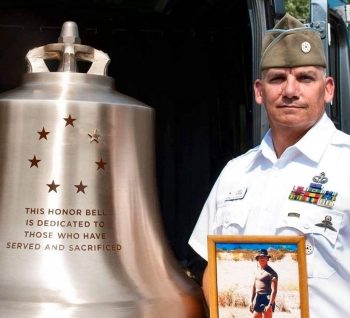 SSG Louis R. Olivera
SSG Louis R. Olivera from San Jose, California
SSG Olivera served with: C Company 2nd Ranger Battalion
Born in 1965, Ranger Olivera was 53 years old at the time of his death in 2018.
Complete biography is below the photo gallery
SSG Louis R. Olivera 's Biography
Ranger Lou Olivera was wounded in Panama, worked as civilian program manager for the Dept of the Army for 25 years, and was the founding Executive Director of the Honor Bell Foundation with the purpose of rendering a final honor to United States Service Members killed in action and United States Armed Forces Veterans.
Lou took his own life on July 11 2018.
We honor his memory and celebrate his life so full of sacrifice and giving to others.
From the HonorBell.org website - http://www.honorbell.org/home/
---
Louis Olivera, United States Army retiree, has worked in the business and program management sector for nearly 25 years. As a U.S. Department of the Army civilian he served for nearly half a decade as the deputy program manager for a multimillion dollar technology program. Louis went on to build startups in the business management, marketing, and financial sectors.
As the Executive Director of the Honor Bell Foundation, Louis draws upon his experience in startup businesses that have both succeeded and failed. Louis is a former U.S. Army Ranger and was critically wounded during the 1989 invasion of Panama where he received the Purple Heart Medal while spearheading the nighttime combat parachute jump into Rio Hato.
He is a former Service Officer and Chaplin for the Department of Colorado, Military Order of the Purple Heart, and served as Senior-Vice Commander of Chapter 1041, Military Order of the Purple Heart. Louis is a graduate of the University of Colorado Masters Program in Entrepreneurship.
---
From the Chicago Tribune article - "What Purple Heart Recognizes-one Soldier`s Ordeal"
July 06, 1990
http://articles.chicagotribune.com/1990-07-06/news/9002250207_1_power-line-bullet-panamanian
---
The 25-year-old Olivera is a member of the 2d Ranger Battalion, one of the Army`s premier light infantry units, based at Ft. Lewis, Wash.
For Olivera, the night of Dec. 20 was a monumental bad dream. Shortly after midnight, Olivera leaped out of a C-130 transport 600 feet over the Rio Hato airstrip. Seconds after his chute snapped open, Olivera crashed through the jungle treetops and into an elevated power line.
Hanging from the line, Olivera was worried that Panamanian soldiers in the nearby barracks, troops of the Macho de Mantes battalion, a Panamanian ranger outfit, would see the sparks and flashes from the power line. He released the ``D`` rings holding the parachute to his body and, weighted down with a 180-pound pack, Olivera crumpled to the jungle floor.
A U.S. Air Force gunship flying overhead began strafing the barracks, barely 100 yards from where Olivera was crouched. To avoid being hit, he began the trek to a preplanned rendezvous point.
On the way, Olivera was ambushed by two Panamanian soldiers from the barracks. He suspects they were alerted by the sparks from his impact with the power line.
From a range of 50 feet, Olivera was hit square in the chest by two bullets from their AK-47 assault rifles. One bullet tore through two ribs and punctured his right lung. The other bullet severed the muscle above his right collar bone.
Olivera was knocked onto his back. The Panamanians approached, began rifling through his pockets for maps and documents, and discovered that he was dazed but still alive.
At point-blank range, one Panamanian soldier fired at Olivera`s head. The bullet hit the lip of his kevlar helmet, tore through the 19 layers of fibers and resin, and was deflected just enough that it didn`t kill him outright.
Instead, the bullet struck Olivera above the left eye, fractured his skull, tore off a major chunk of the skin on his skull, and glanced off, knocking him unconscious.
The two Panamanian troopers left him for dead, tagging him with a black bandana that was the signature of a ``kill`` by the Macho de Mantes battalion. The bullet to the head just happened to be a tracer round, and the heat of the burning chemical cauterized the ruptured blood vessels as the bullet passed through muscle and flesh. Doctors who later treated Olivera said the burning action of the tracer bullet probably kept him from bleeding to death as he lay knocked out on the jungle floor through the rest of the night.
Olivera regained consciousness the following morning and used his radio to call for help. According to a unit officer, Olivera`s voice was noticeably faint. ``We sent teams out to find him,`` the officer said.
Olivera was told by radio to fire three shots in the air to help the patrols locate him. In his weakened condition, Olivera was having difficulty working his right arm; he fired two shots from his M-16 into the air, but his arm drooped and the third shot glanced off his head, tearing more skin off his skull.
The shots, though, were enough to alert a nearby Ranger patrol, although the troops who found the bleeding, battered Olivera did not think he would survive long enough to get medical treatment.
At the aid station, a chaplain offered Olivera last rites. ``No, I don`t think I need that. I`m doing just fine, really,`` Olivera mumbled.
Evacuated to Brooke Army Medical Center in San Antonio, Olivera was told by surgeons there that he would never parachute again and that his days as an Army Ranger were over.
---
From Chicago Tribune "Combat Gives Soldier New Perspective" - December 24, 1989
http://articles.chicagotribune.com/1989-12-24/news/8903200434_1_soldiers-wounded-brooke-army-medical-center
---
In lieu of flowers, the family requests donations be made to the foundation at www.honorbell.org. Cards or letters may be sent in care of Honor Bell Foundation, PO Box 1432, Englewood CO 80150.
Ranger Olivera was interred July 20, 2018 at Fort Logan National Cemetery.
---
Honor Bell Casting Event Video
https://www.youtube.com/watch?v=0Vz4oMb3nnI

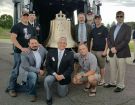
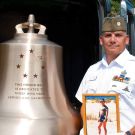

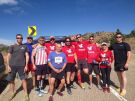

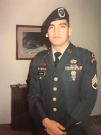
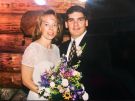











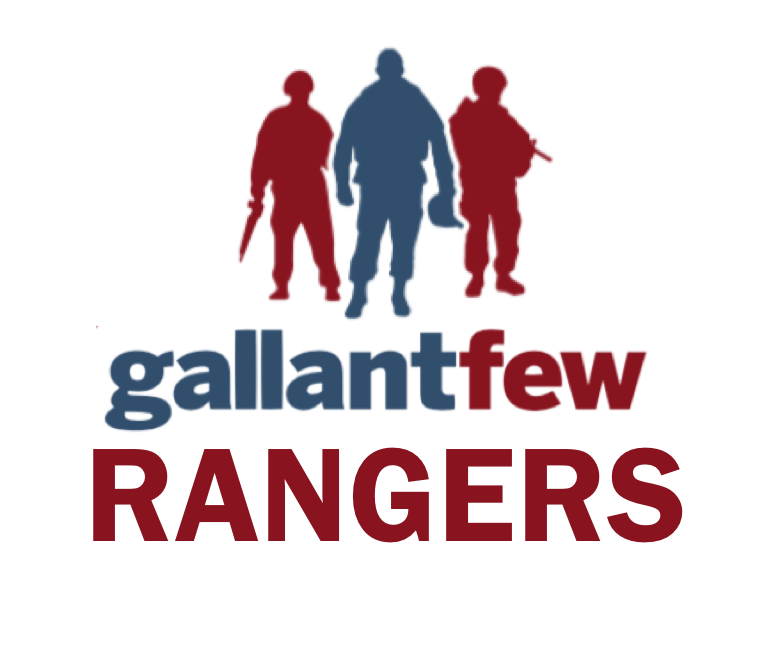




RSS feed for comments to this post